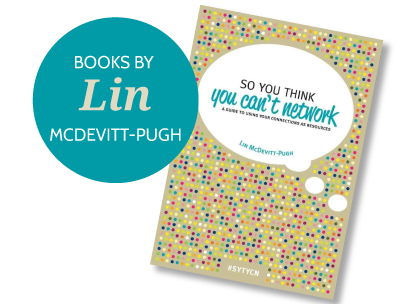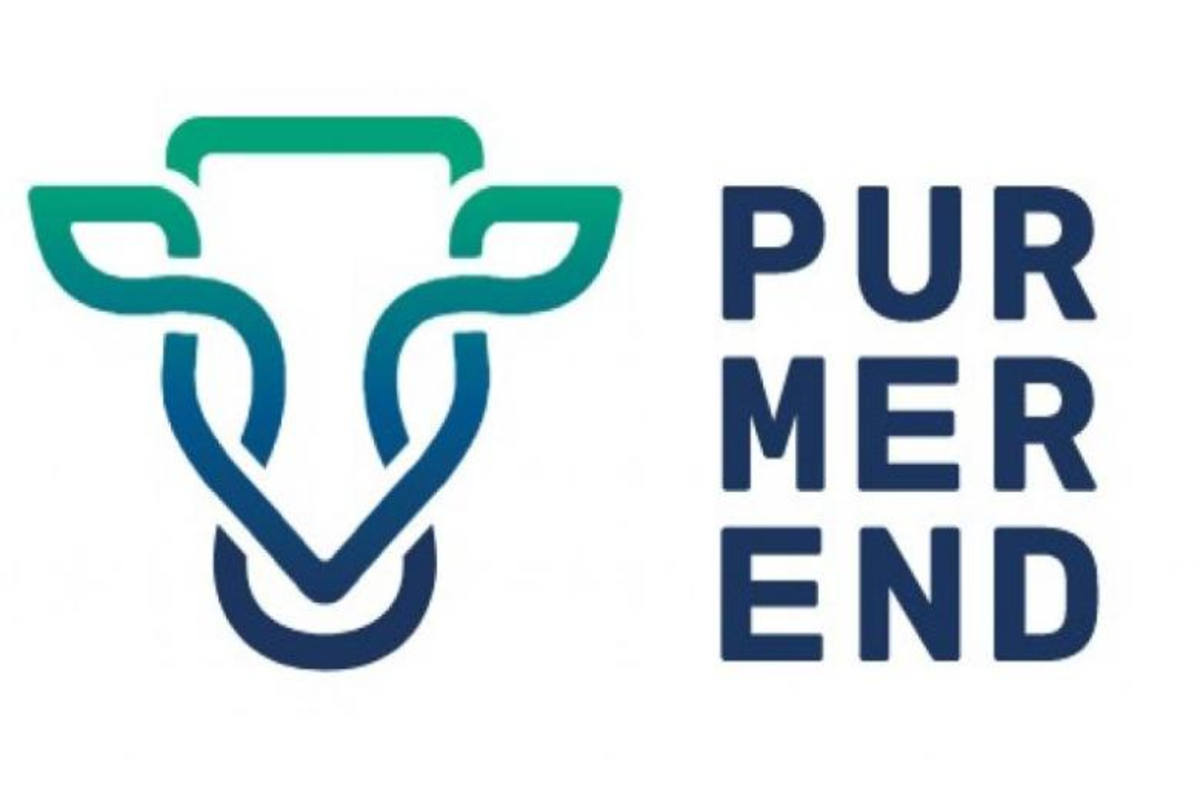Sub-editor [Dutch: eindredacteur] is the newspaper term for copy-editor I grew up with at the Trinidad Express. The sub-editors’ section of the newsroom had a peculiar ambience then. You could almost smell it. It was referred to as the sub-desk, occupied by ‘the subs’ and covered in newsprint, large steel rulers and inevitably overflowing ashtrays.
The word sub sounds subterranean to me, and these were people of the night, who came to work just before dusk fell, like bats, and stayed till the presses were rolling. They had bags under their eyes and the ashy skin of mortuary attendants, but they were witty and had an aura of mystery, a sense of being in touch with the darker side of things. They took over the office when we had left; who knew what secrets they discovered in those deserted hours?
And they weren’t moved by the same forces as us ego-tripping writers. They knew grammar better than us, facts better than us, history better than us. They verged on omniscience, like Tiresius. They could cut a pompous writer down to size with one sentence, and yet they had no ambition to be in the public eye. That shunning of worldly fame made them seem untouchable to me. They did things like bet on the horses, so their conversation was different. They seemed to cherish their working-class roots.
And then I got to know David Chase. When I became editor of the Sunday paper, David was my sub. He was much older than me. You’d think he’d resent this female whipper-snapper being pushed higher up the hierarchy than he. But no. David addressed me as ‘Miss Lady’ and devoted himself to saving me from myself. I was keen to break boundaries, push at the limits of newspapering, and I had an eager team of bright young writers to do it: Judy Raymond (now editor-in-chief of the Guardian, the other national newspaper), Kathy Ann Waterman, Gregory Shaw. David helped us enthusiastically, but sometimes I went too far. Then he came into his own. ‘Miss Lady,’ he would growl, when I gave him some idiotic instruction, ‘I am not going to do that.’ I would back down immediately. David was too experienced for me to argue with his judgment. The result: circulation of the Sunday Express shot up.
The exact same thing happened when I worked at Akzo Nobel, as head of the editorial unit in Corporate Communications. There, I brought in the late Fitzroy Nation, a well-known Jamaican journalist, who lent his skills to making my ideas work out, but occasionally stopped me in my tracks when I was about to do something dumb.
I got kudos for improving the publications I worked on, but I could never have realized my dreams were it not for the sub-editors in the shadows. They are essential to all publishing projects, particularly here in the Netherlands where publications often have to be in English. I see brave struggles with English idiom and grammar in manuscripts I receive. These noble efforts deserve a finer outcome than a non-native-speaker can produce. Good causes require good professional skills to allow them to shine and be influential. I sometimes lend my skills to these projects. So I, too, have become a sub.
Contact Niala Maharaj directly or call NETSHEILA +31 6 150-48468 or info @ netsheila.com to talk about how Niala can improve your writing project.
Our clients



















